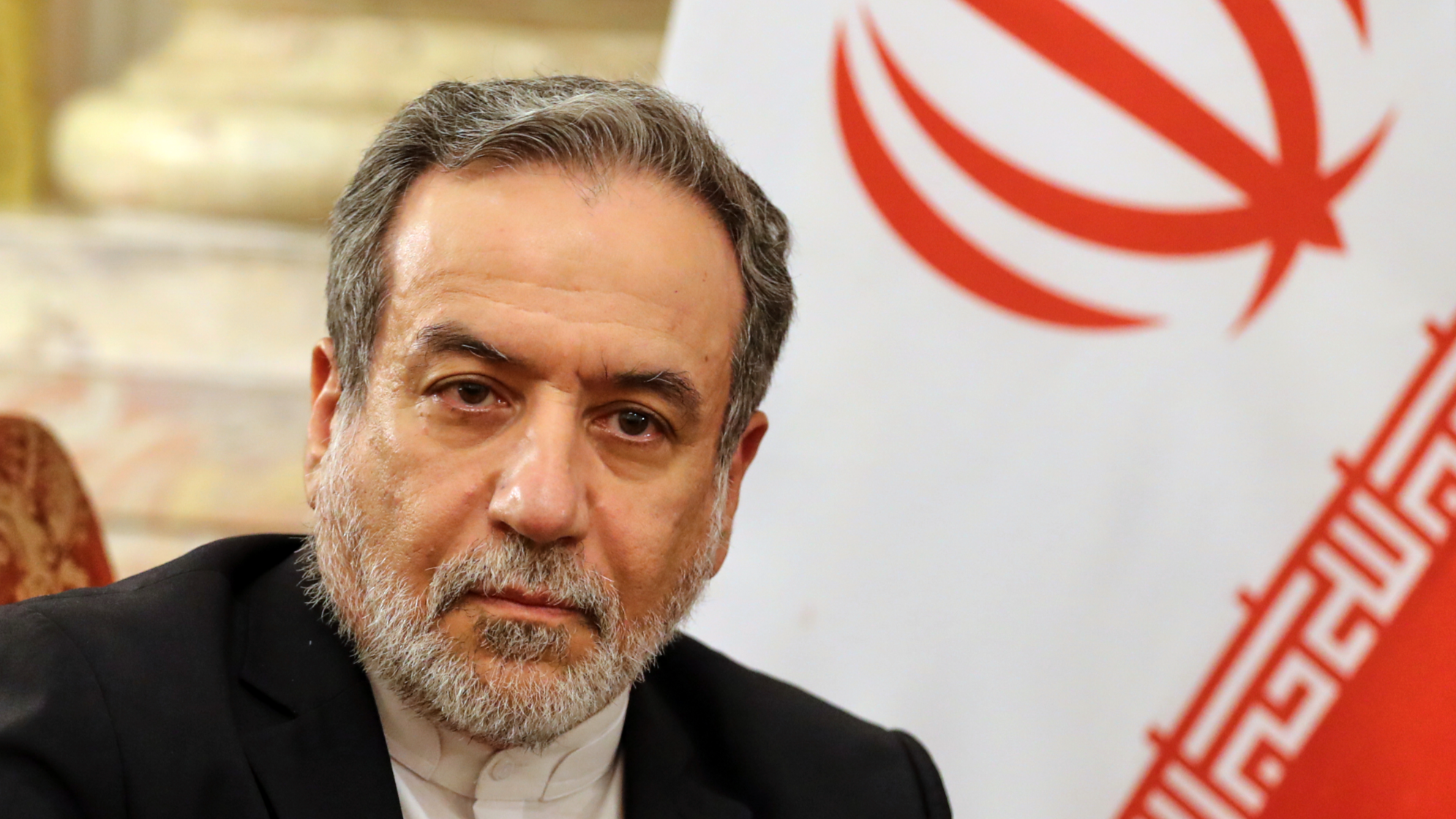
TEHERAN - Iranian Foreign Minister Seyyed Abbas Araghchi stressed on Tuesday that Iran has always considered diplomacy as the sole solution to its nuclear issue.
In a phone call Tuesday night with his French counterpart Jean-Noel Barrot, Araghchi reaffirmed Iran's readiness to pursue any "fair and balanced" solution that would safeguard common interests, according to a statement released by the Iranian Foreign Ministry on Wednesday.
During the phone conversation, both sides stressed the necessity to continue bilateral consultations and contacts, and discussed ties between their countries, including consular issues.
Regarding the move to trigger the "snapback" mechanism by the three European countries of France, Britain and Germany, collectively known as the E3, at the United Nations Security Council (UNSC) to reinstate international sanctions on Iran, Araghchi said the step was aimed at escalating tension and crisis.
ALSO READ: Iran's Araghchi warns European powers not to reinstate sanctions
He underlined the "peaceful" nature of Iran's nuclear program and pointed to a recent agreement between Teheran and the International Atomic Energy Agency on the resumption of bilateral cooperation.
The French foreign minister, for his part, voiced concern about the tensions, underlining the importance of maintaining dialogue and returning to the diplomatic path.
On Aug 28, the E3 notified the UNSC that they had triggered the snapback mechanism under a 2015 nuclear deal between Iran and world powers, raising the possibility of reinstating UN sanctions on Iran in 30 days.
READ MORE: Iran not to bow to West's 'unlawful' demands, senior diplomat says
The snapback mechanism is a clause in the nuclear deal, formally known as the Joint Comprehensive Plan of Action (JCPOA), that would allow the other parties to re-impose all international sanctions if Iran fails to comply with the agreement.
Iran signed the JCPOA in 2015 with six countries -- Britain, China, France, Germany, Russia, and the United States. Under the deal, Teheran agreed to curb its nuclear program in exchange for sanctions relief.
The United States unilaterally withdrew from the accord in 2018 and reimposed sanctions, prompting Iran to gradually reduce compliance with its nuclear commitments.


